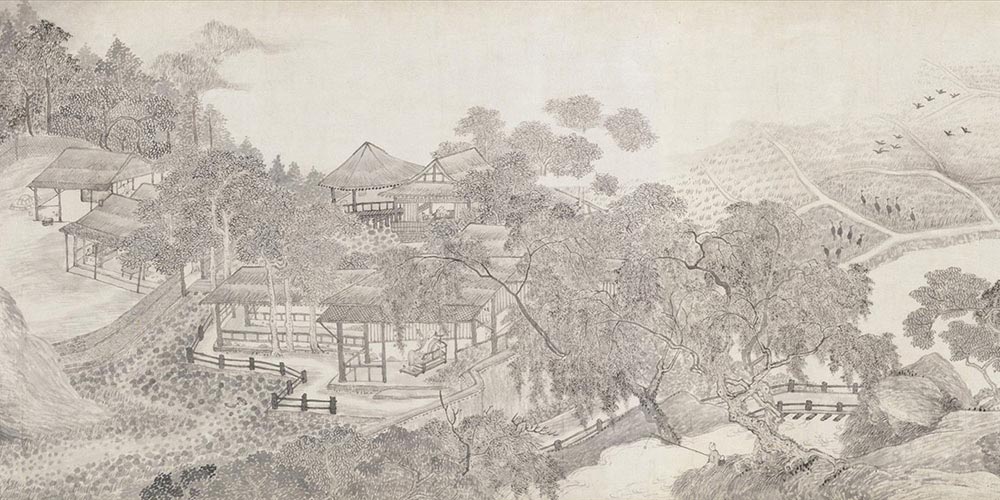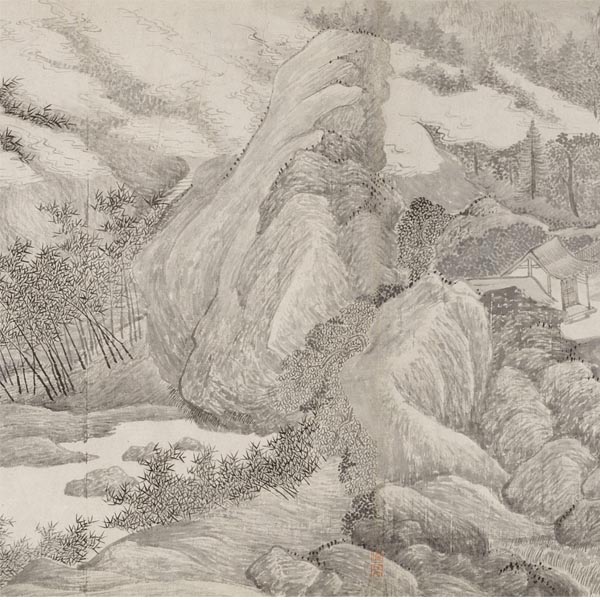
In 1492, during the Ming Dynasty, Wang Ji (王繼) became the deputy minister of war in Nanjing. At the time, the Ministry of War did not have its own building but only occupied a borrowed private house as temporary headquarters.
After Wang Ji assumed office, he used his own salary to purchase a private house for public use, specifically his ministry’s. Word spread, his act drawing approval.
In 1497, Wang Ji was promoted deputy minister of revenue supervising the capital area. Later that year, he was again promoted, becoming the minister of revenue, still in charge of the capital.
At the time, eunuch Li Guang (李廣) was specially favored and unduly trusted by the emperor, making him very powerful in and out of the imperial court.
To get promoted, officials gave him huge bribes and formed ties with him. Some got appointed to vital positions because of this. But Wang Ji, being honest and clean, refused to have anything to do with Li Guang.
Someone advised him to be pragmatic and adapt to circumstances. He was urged to call on Li Guang and pay respect to the eunuch.
Wang Ji smiled and replied, “I have been a lonely lady for 30 years. How can I get married and lose my chastity?” Hearing his answer, people laughed at his pedantry.
Then in 1498, Li Guang committed suicide as he was set to be haled to judgment for the countless crimes he had committed. By this time, officials, one after another, submitted memorials to the throne to impeach officials who had conspired with Li Guang in perpetrating acts of wrongdoing.
Upon reading the memorials, the emperor was shocked. So many officials had been implicated that it was not advisable to punish them all. With no other choice, the emperor ended up pardoning them all.
The following day, during the morning audiences with the emperor, all the officials who had committed crimes kowtowed to the emperor to express their gratitude and apology.
Only Wang Ji and another official, Ma Wen Sheng (馬文升), remained standing upright. They went to the court with clean hands.
